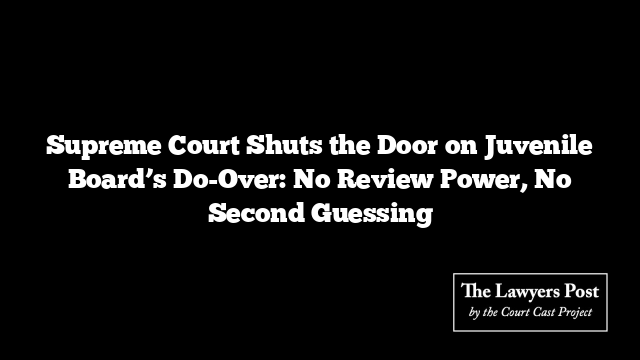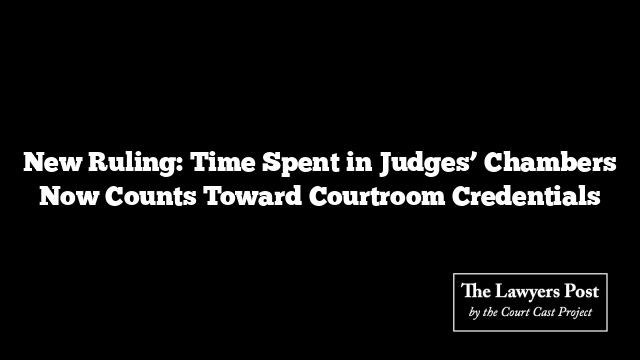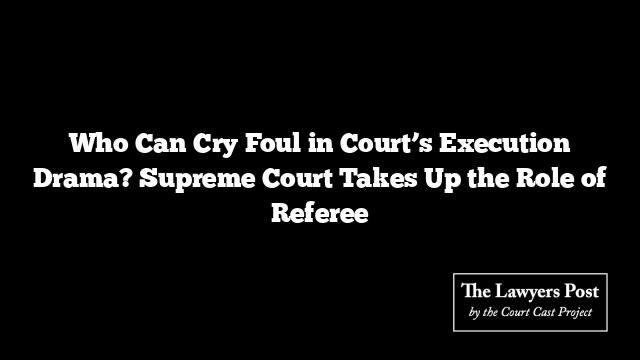In a crisp rebuke delivered from the bench, the Supreme Court has clarified what should’ve been clear all along — the Juvenile Justice Board (JJB) is not a revolving door of decisions. Once it rules, it can’t circle back for a redo.
This ruling came down on May 20, as the country’s top court weighed in on a case from Meerut where the JJB seemed to second-guess itself. In an earlier proceeding, it had accepted a school certificate showing the respondent’s date of birth as September 8, 2003. Later, in what the Supreme Court saw as an unauthorized about-face, the JJB dismissed that document and instead leaned on a medical board’s assessment, which pegged the individual as 21 years old.
That move, the bench of Justice Abhay S. Oka and Justice Ujjal Bhuyan said, crossed the legal line.
“There’s a basic principle at play here,” the Court observed, dissecting the logic. “Once the JJB accepted the date of birth in its earlier order, it cannot turn around in a fresh proceeding and question it. That would amount to a review — and the JJB doesn’t have that power. Not under the Juvenile Justice Act, 2015. Not by any stretch of implication.”
The court further reminded everyone of what the law already says loud and clear: when it comes to determining age, school records stand on firmer legal ground than medical guesswork. Ossification tests? Those are backups — not the main act — and certainly not to be invoked when valid documents are already on the table.
The case in question, Rajni v. State of Uttar Pradesh & Anr., had reached the top court after the JJB dismissed the school certificate and relied on the ossification report. The High Court had intervened and granted bail, siding with the school records. The Supreme Court saw no reason to disturb that.
The apex court also took note of the fact that the JJB, while recommending the individual be tried as an adult under Section 15, still couldn’t use that as a reason to deny bail, especially when there was no evidence suggesting he posed any danger to society or himself.





